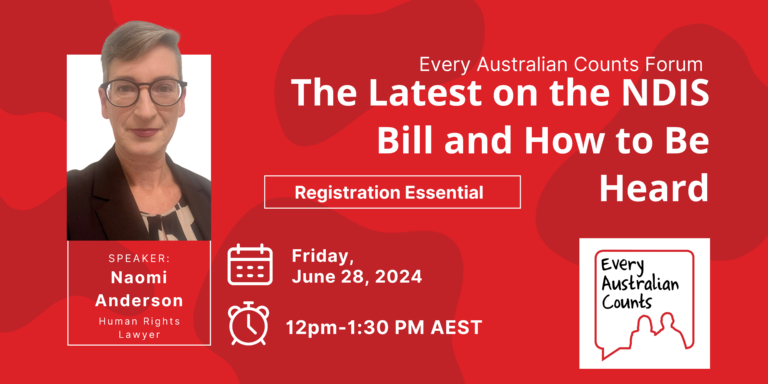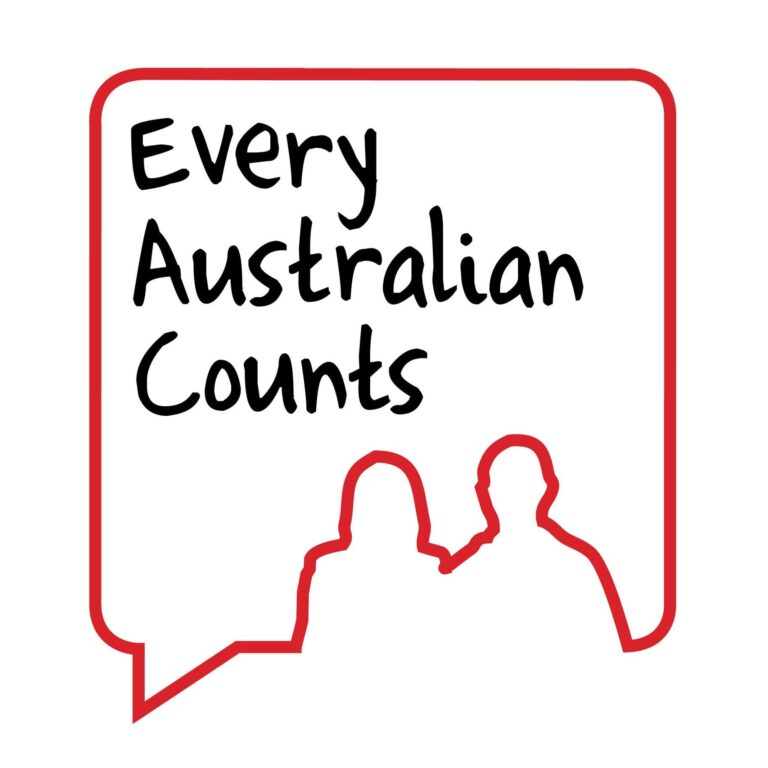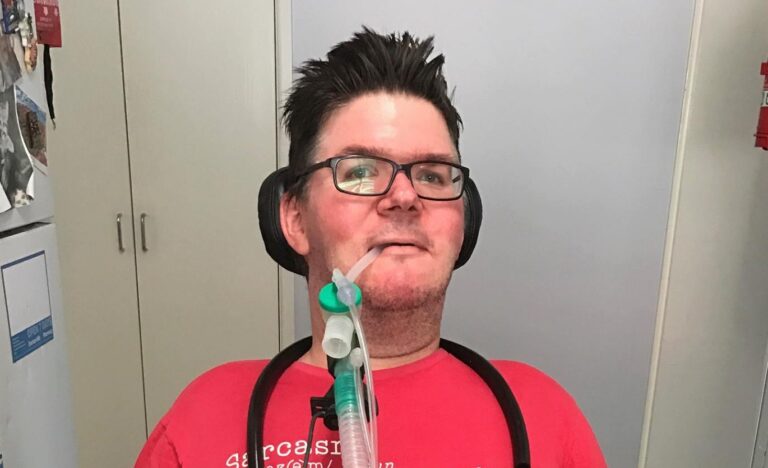Eligibility
There are a few things you need to do to find out if you might be able to get help from the NDIS.
Check your eligibility
There are more than 4 million Australians who have some kind of disability. But not every one of those people needs help from the NDIS.
To be eligible to get help from the NDIS you must meet some criteria.
- You must have a permanent disability that significantly affects your ability to take part in everyday activities;
- You must be under 65 years old;
- You must be an Australian citizen or hold a permanent visa or hold a Special Protected Category visa.
If you think you meet these criteria you can apply to join the NDIS.
Get ready to apply
Some people with disability already receive services provided by State and Territory governments. Those people will be contacted by the NDIS, and will become participants straight away. They will not have to apply.
If you don’t already receive services but still think you will be eligible for help from the NDIS, you will need to apply. You will need to complete an Access Request Form – but you have to contact the NDIS first to get one.
The Access Request form will ask you for some basic information to confirm your identify, your age and your citizenship. You will also be asked to provide some information about your disability, and how it impacts your daily life. Some parts of the form will need to be completed by a healthcare professional like a GP or a paediatrician.
Not every GP or paediatrician will have filled out the forms before – and they might need a little help navigating the process. The Royal College of Physicians has developed a series of guides for health professionals to give them a helping hand – you might like to let your doctor know.
You need to remember that it is not your diagnosis that is important – it’s the impact of your disability on your daily life. It’s important to remind your doctor about that when they fill out the forms.
What’s the process for kids?
The NDIS has a slightly different process for kids under the age of 6 years old.
Not every child who experiences some difficulties in their early years will go on to have a permanent disability. The NDIS understands that, but wants to make sure kids who need help get it so they can reach their full potential.
So kids will be matched with an organisation that specialises in early childhood early intervention (ECEI). That organisation will look at what the child needs and connect their family with services and supports that will be able to help them.
Some kids will get the help they need, meet their goals and then move on. They will not need the NDIS any more. That’s good thing – it means the NDIS did what it was supposed to do.
But for kids who have a permanent disability, they will go on to receive more help from the NDIS.
You can read more about Early Childhood Intervention on the NDIS website.
Find out when the NDIS starts in your area
The NDIS is also being rolled out in stages around the country. You will need to check when the NDIS starts in your area.
You can find out when the NDIS starts in each state and territory on the NDIS website:





